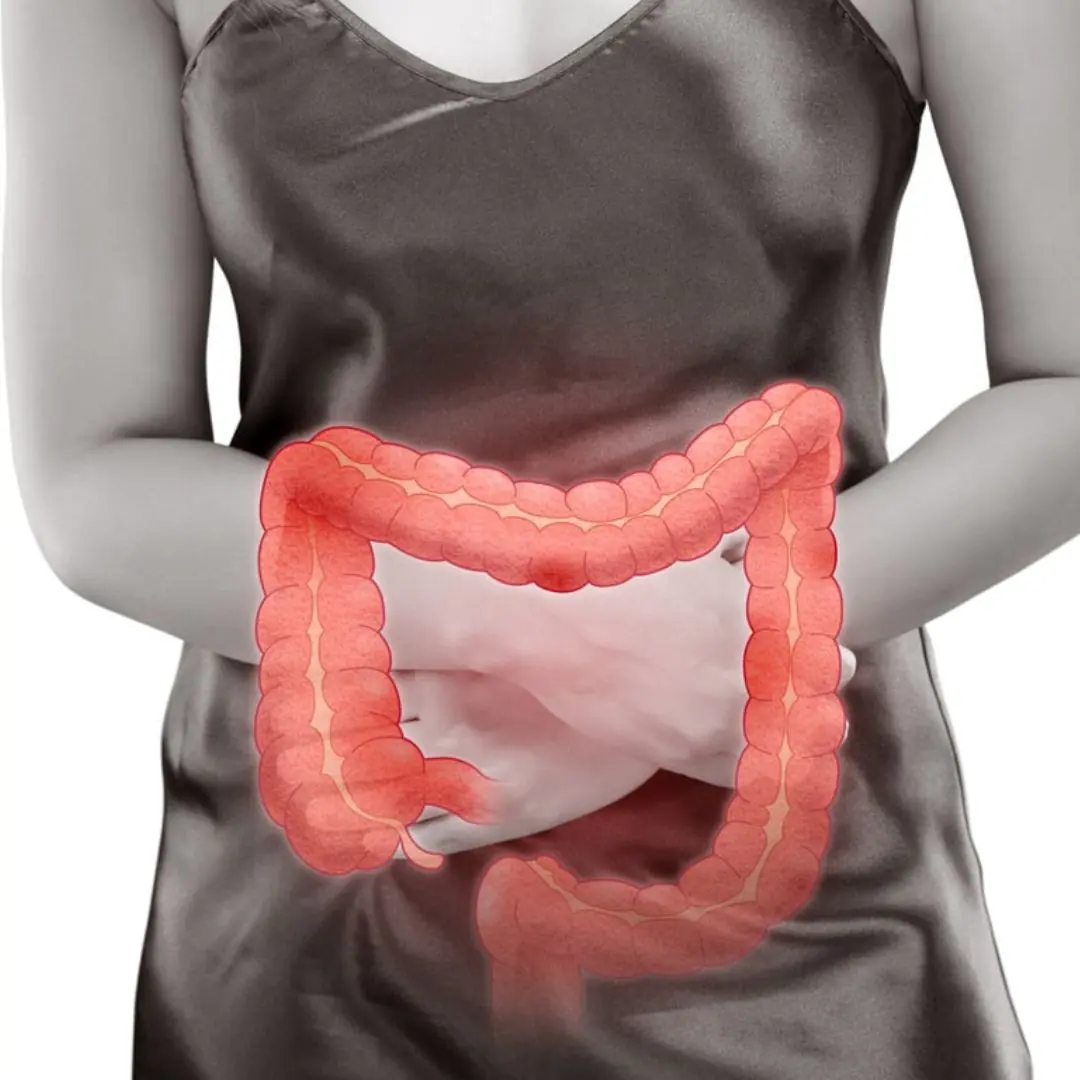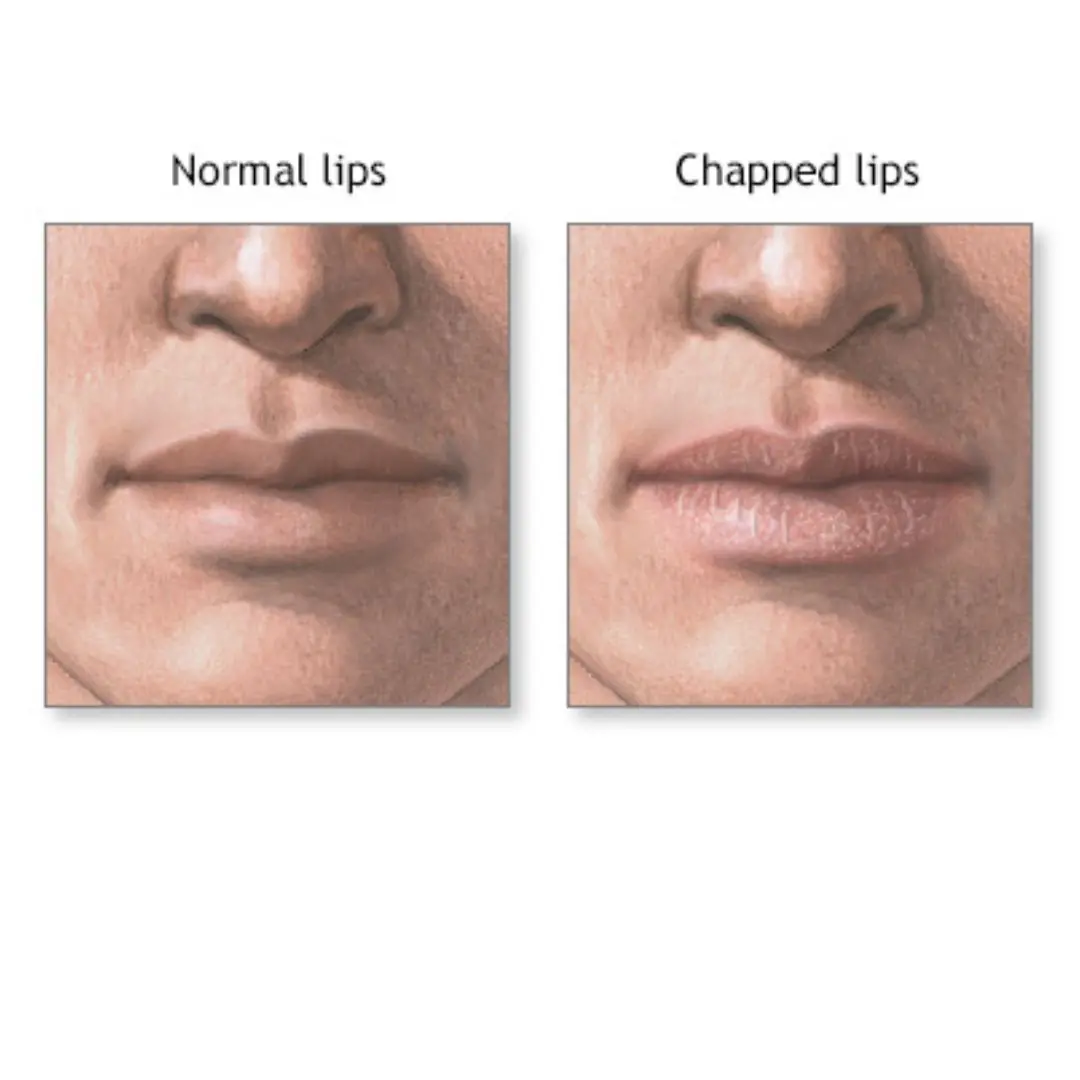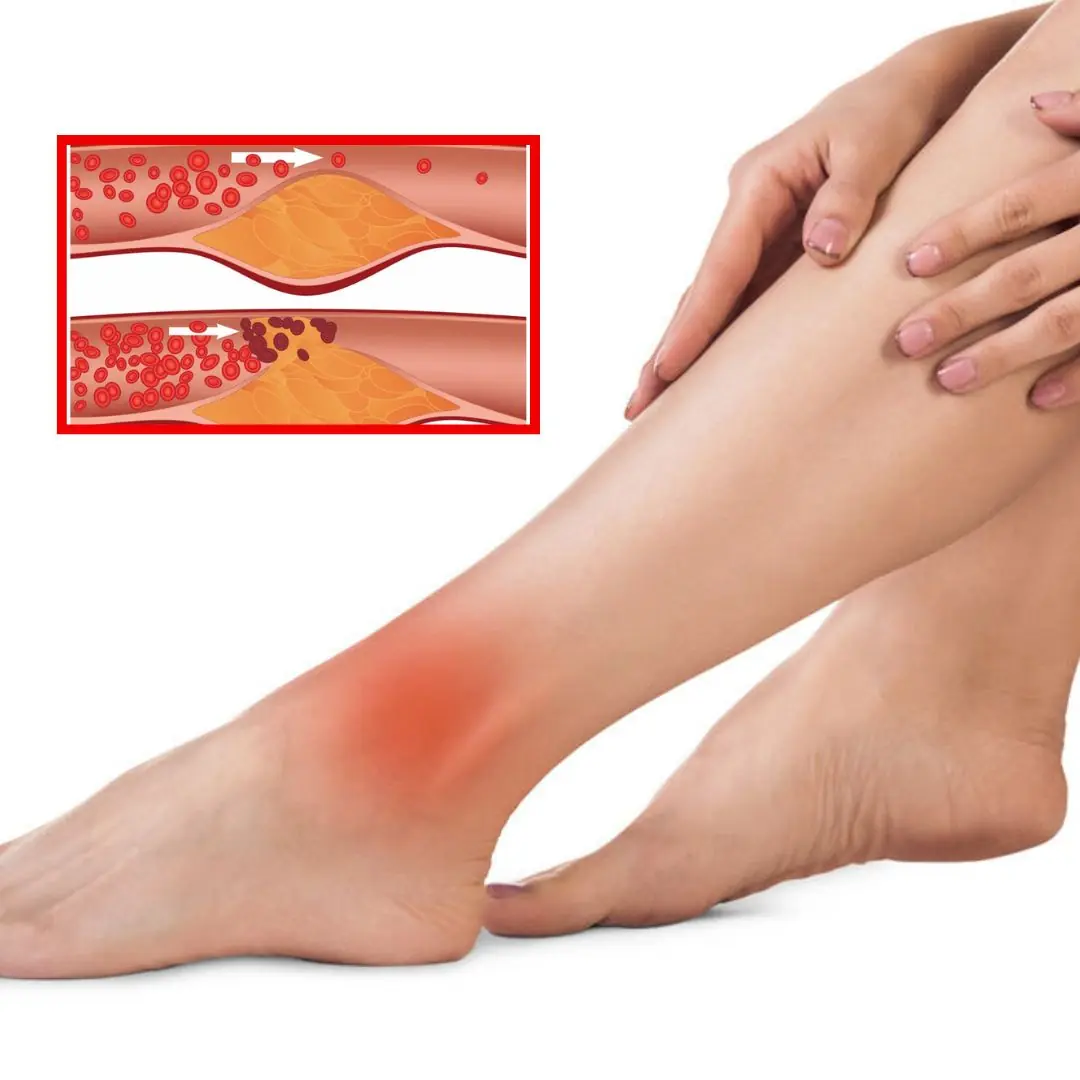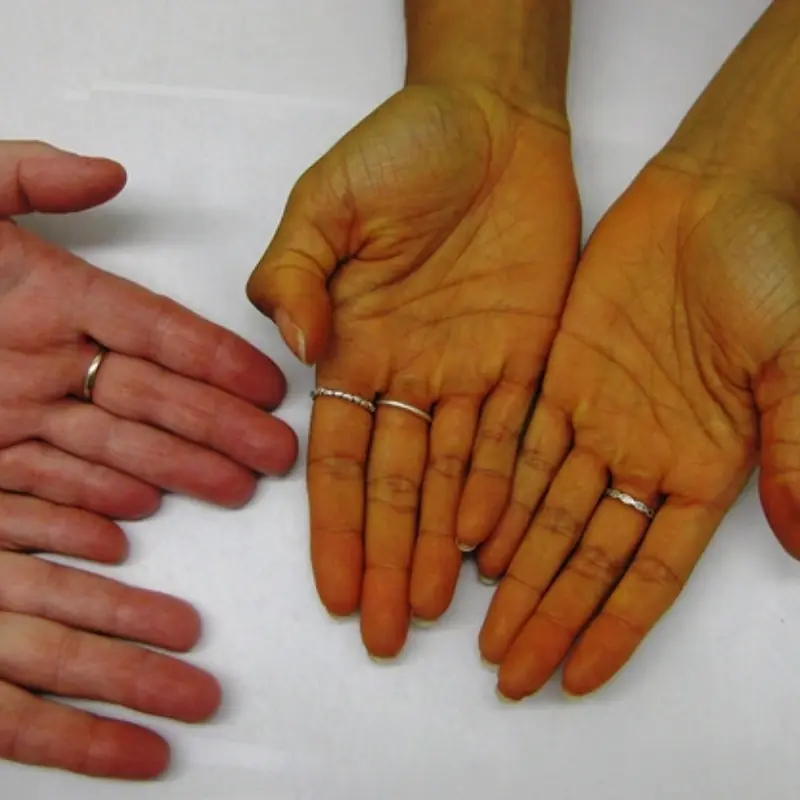
6 Types of People Who Should Never Eat Too Many Eggs
6 Types of People Who Should Never Eat Too Many Eggs – It Could Land You in the Hospital Without You Realizing!
Eggs are tasty, nutritious, and affordable — but they’re not the best choice for everyone. For some people, eating too many can actually “invite trouble.”
Eggs have long been considered a “superfood,” rich in protein, vitamin D, B12, iron, and more, helping to provide energy and support overall health. However, not everyone should consume them in large amounts. For certain groups, excessive egg consumption can worsen existing conditions and even lead to hospitalization. Below are 6 groups of people who should limit or avoid eating eggs:
1. People with a high fever
Egg protein is complete, and when digested, it generates a large amount of heat (the special thermic effect of protein can increase calorie expenditure by up to 30%). For someone with a fever, this is like “adding fuel to the fire,” making it harder to bring the temperature down. This can be especially dangerous for children.
2. People with liver disease, especially hepatitis
Eggs are nutritious but hard to digest, forcing the liver to work harder. For patients with hepatitis, cirrhosis, or liver cancer, excessive egg consumption can weaken the liver and accelerate disease progression. The yolk contains high amounts of fat and cholesterol — substances the liver must metabolize — which increases the strain on this organ. Patients should therefore minimize intake.
3. People with kidney disease
In cases of nephritis or kidney failure, the ability to filter and eliminate toxins is greatly reduced. Eating too many eggs can quickly raise blood urea levels, worsening the condition and possibly causing urinary tract toxicity. Kidney patients should avoid eggs or consult a doctor before consuming them.![]()
4. People undergoing treatment for cardiovascular disease
A study from Western University (Canada) found that eating 3 eggs per week can thicken plaque in the arteries, increasing the risk of blockage, heart attack, or stroke. The high cholesterol content in eggs is also harmful to those with atherosclerosis or coronary artery disease. Experts advise heart patients to greatly limit or completely avoid eggs.
5. Infants under 6 months old
The digestive system of babies under 6 months is still immature. Introducing eggs — especially yolks — too early can trigger allergies or digestive problems. Parents should only give eggs to babies once they reach 6 months old, starting with small amounts and monitoring for any reactions.
6. People with egg allergies
Some people may experience stomach pain, diarrhea, or skin rashes after eating eggs due to an allergy to egg white proteins. Egg allergy is the second most common food allergy in children, affecting about 1.5% of young kids, though 80% outgrow it by age 6. Anyone with a history of egg allergy should also avoid other poultry eggs such as duck or goose eggs to prevent cross-reactions.
News in the same category


Doctor Warns: 5 Symptoms That Could Indicate Bone Cancer

7 foods to avoid in a colon cancer diet

5 Early Clues Your Body Sends When Bile Du.ct Can.cer Is Taking Hold

An 18-Year-Old Girl Suffered Severe Kid.ney Failure

The 8 warning signs your lips reveal about your health – from herpes to liver disease

7 Warning Signs of a Type of Can.cer That’s Treatable but Can Still Make It Hard to Have Children

Experimental HIV vaccines show promise in early safety test

6 Types of People Who Should Avoid Eating Too Many Eggs

Check out these 6 health conditions when you drool while sleeping

The real reasons your limbs twitch at night

Snoring and 5 Surprising Indicators of Obstructive Sleep Apnea

3 characteristics of the feet warn of blocked blood vessels

7 Morning Symptoms Your Body Might Be Using to Signal Hidden Diabetes

This is a simple vegetable but is so rich in vegetable protein that experts recommend using it instead of meat

Combine these foods with milk and you will get many unbelievable benefits

3 Selfish Husband Habits That Increase Their Wife’s Risk of Cer.vical Can.cer

Although chayote is a nutritious food, if you eat it this way, you can accidentally bring disease into your body and damage your health
News Post

Three Types of Vegetables with the Highest Pesticide Residues

No Matter How You Wash Clams, There’s Still Grit Inside?

What Is the Black Round Hole Next to the Camera on an iPhone For?

Doctor Warns: 5 Symptoms That Could Indicate Bone Cancer

7 foods to avoid in a colon cancer diet

These Are the 5 Earliest Warning Signs Your Body Sends When Can.cer

5 Early Clues Your Body Sends When Bile Du.ct Can.cer Is Taking Hold

An 18-Year-Old Girl Suffered Severe Kid.ney Failure

5 Types of Pesticide-Free Vegetables as Nutritious as Ginseng

The Secret to Keeping Potatoes Fresh for 6 Months Thanks to a Surprising “Friend” in the Kitchen

The 8 warning signs your lips reveal about your health – from herpes to liver disease

7 Warning Signs of a Type of Can.cer That’s Treatable but Can Still Make It Hard to Have Children

Experimental HIV vaccines show promise in early safety test

4 “ki.ll.ers” that cause cancer right in your home

6 Types of People Who Should Avoid Eating Too Many Eggs

Check out these 6 health conditions when you drool while sleeping

The real reasons your limbs twitch at night

Snoring and 5 Surprising Indicators of Obstructive Sleep Apnea
